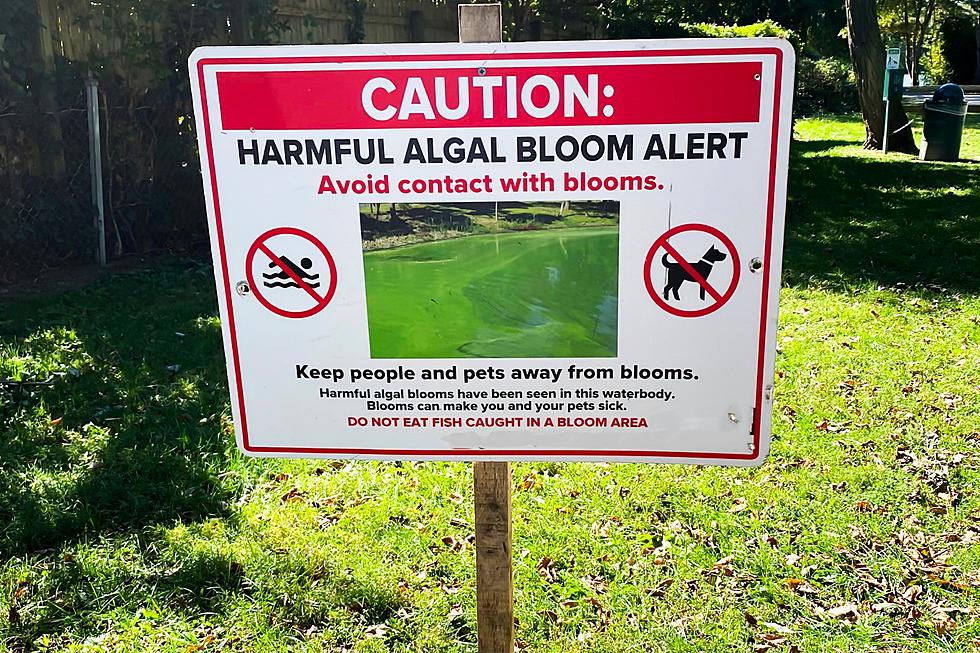
No Swimming-Toxic Algae at Howard Amon Park in Richland
People are warned to stay out of the Columbia River at Howard Amon Park in Richland.

Testing by the Benton Franklin Health District shows high levels of cyanotoxin (toxic algae) in the water at the swim beach for the third week. Extra signs warning the public have been posted.
According to the Benton Franklin Health District website:
Results received on 9/1/2023 indicate that the neurotoxin anatoxin-a is present at a level substantially higher than the state level for safe recreational use. The toxin is especially dangerous for small children and animals. Warning signs are posted in the area in which to avoid.
People and dogs exposed to toxic algae may experience symptoms.
People and pets can are exposed to toxic algae by bacteria in the scum on the river water by ingesting the water. Dogs can ingest the toxin by licking their fur. Symptoms can occur within 15-20 minutes of exposure. Animals may experience weakness, difficulty breathing, convulsions, and death. It was two years ago that a dog died from exposure of toxic algae in Richland. People may experience stomach pain, muscle weakness, numbness in the lips, tingling in fingers and toes, and dizziness. Seek medical attention if you believe you or your pet has been exposed to toxic algae.
The Benton Franklin Health District will continue to test the Columbia River weekly until tests show that the water is safe for two weeks in a row. Read more about toxic algae here.
LOOK: 11 tick-borne illnesses and what to watch out for during your outdoor adventures
WOOF: These are the most popular dog breeds in America
Quiz: Do you know your state insect?
More From 98.3 KEYW









